Process Safety Management (PSM)
At Wire Consultancy, we help organizations strengthen safety, minimize risks, and stay fully compliant through our expert Process Safety Management (PSM) services. Our structured PSM approach safeguards your operations, protects employees, and ensures adherence to national and international safety regulations.
With years of experience across diverse industries, we design and implement comprehensive Process Safety Management frameworks that improve operational efficiency, reduce the likelihood of incidents, and create a safer, more productive workplace.
We Strive to Drive
Safety Culture

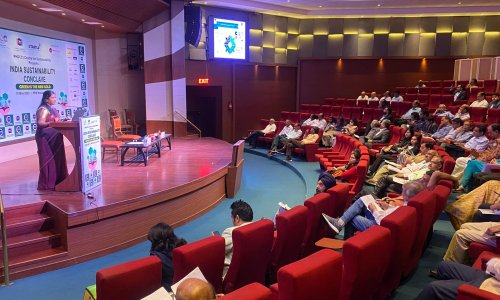
Trusted by





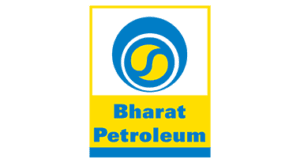




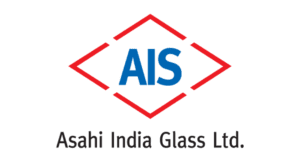







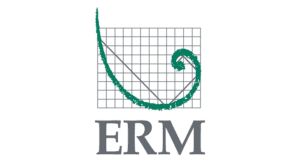
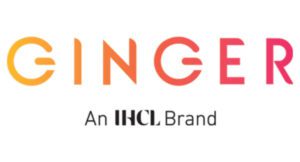







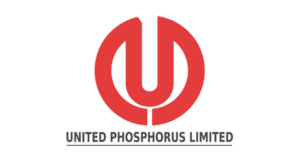

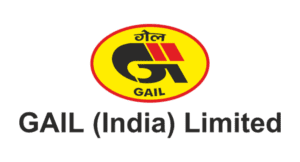



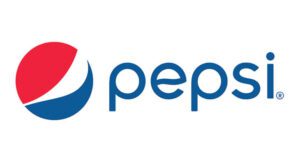

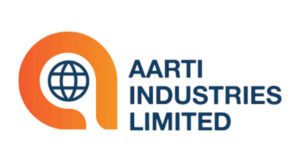


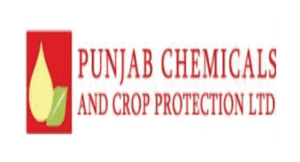


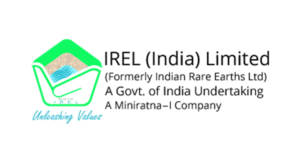

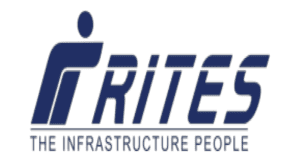
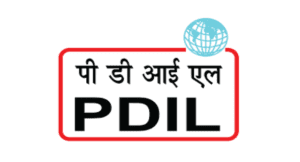


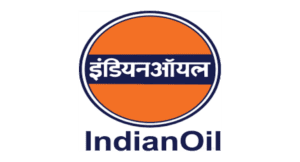
















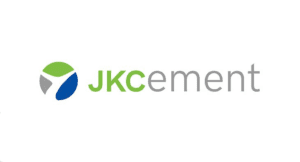
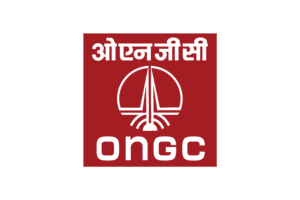
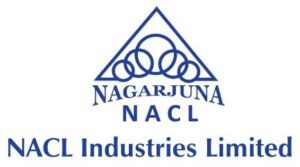



What is Process Safety Management (PSM)?
Process Safety Management (PSM) is a structured framework designed to identify, evaluate, and control risks associated with hazardous industrial processes. Instead of reacting to accidents, PSM emphasizes proactive risk management through hazard identification, safety controls, employee training, and incident investigation.
By implementing a robust Process Safety Management system, organizations can significantly reduce the risk of accidents, protect lives, and prevent costly operational disruptions. Beyond compliance with regulations such as OSHA’s PSM standards, businesses benefit from improved efficiency, reduced downtime, and enhanced productivity.
A strong PSM culture also strengthens communication, builds employee trust, and fosters a safer, more engaged workforce—ultimately leading to long-term business sustainability.
Applications of Process Safety Management
- Chemical and petrochemical facilities: Managing risks associated with flammable, toxic, or reactive chemicals.
- Oil and gas refineries and pipelines: Ensuring safe handling and transportation of hydrocarbons.
- Pharmaceutical and food processing plants: Maintaining hygiene and product safety in complex manufacturing environments.
- Explosives and fireworks manufacturing: Controlling risks associated with hazardous materials.
- Any industry involving hazardous materials or processes: Implementing PSM creates a safer, more sustainable future for all.
Process Safety Management Standard Code Reference
- Occupational Safety and Health Administration (OSHA) Process Safety Management Standard (29 CFR 1910.119): Establishes core PSM requirements for hazardous chemical processes in the United States.
- American Institute of Chemical Engineers (AIChE) Center for Chemical Process Safety (CCPS) Guidelines: Provide best practices for implementing effective PSM programs.
- International Organization for Standardization (ISO) 45001:2018 Occupational Health and Safety Management Systems: Establishes a framework for managing occupational health and safety risks, often integrated with PSM programs.
- Industry-specific regulations and guidelines: Ensure compliance with additional standards relevant to your specific sector and processes.
PSM Involves Different Aspects of Business Operations Including:
- Designing and building facilities safely.
- Training employees on safety procedures and equipment maintenance.
- Identifying hazards in the workplace, such as fire and gases, and developing plans for how to prevent them from happening.
- Developing emergency response plans for when an accident does occur.
Choose Wire Consultancy for Process Safety Management Services
At Wire Consultancy, we are more than just a PSM consultant—we are your strategic partner in building a culture of safety excellence. Our Process Safety Management services are designed to go beyond regulatory compliance, ensuring long-term safety, reliability, and operational efficiency.
With deep expertise across multiple industries, our team customizes every PSM program to align with your organization’s unique processes and risks. From hazard identification and risk assessment to training, audits, and incident investigation, we cover all elements of Process Safety Management with precision and advanced tools.
What sets us apart is our collaborative approach: we work closely with your team to integrate safety solutions into your operations, making PSM practical, effective, and sustainable for your business.
Methodology for PSM Services
- Needs assessment and gap analysis: We analyze your existing safety practices and identify areas for improvement.
- Development of a customized PSM program: We tailor a program that aligns with your specific risks, industry standards, and organizational goals.
- Implementation and training: We guide you through the implementation process, providing comprehensive training for your personnel.
- Ongoing support and audits: We offer ongoing support, conducting regular audits to ensure the effectiveness of your PSM program.
PSM Services Deliverables
- Process safety management audits.
- Process safety training development and delivery.
- Process safety management systems design, implementation and maintenance.
What is Process Safety Management (PSM)?
Process Safety Management (PSM) is a systematic framework designed to prevent accidents and hazardous releases involving toxic, reactive, or flammable chemicals. It focuses on identifying, evaluating, and controlling risks through structured processes such as hazard analysis, employee training, and mechanical integrity programs.
Why is Process Safety Management important?
PSM is essential because it protects people, property, and the environment from catastrophic industrial incidents. Effective PSM programs help organizations reduce operational risks, ensure regulatory compliance, minimize downtime, and foster a strong safety culture.
What are the key elements of Process Safety Management?
The OSHA PSM standard (29 CFR 1910.119) outlines 14 elements, including:
- Process Safety Information (PSI)
- Process Hazard Analysis (PHA)
- Operating Procedures
- Employee Training
- Mechanical Integrity
- Management of Change (MOC)
- Incident Investigation
- Emergency Planning and Response
Together, these components create a structured system for maintaining safe operations.
Which industries require Process Safety Management?
PSM applies to industries handling hazardous chemicals or high-energy processes such as:
- Oil and gas refining
- Chemical manufacturing
- Pharmaceuticals
- Power generation
- Food processing (using ammonia refrigeration systems)
- Fertilizer and petrochemical plants
Essentially, any industry dealing with highly hazardous chemicals (HHCs) falls under PSM requirements.
What is the difference between Process Safety and Occupational Safety?
Occupational safety focuses on protecting workers from injuries caused by slips, falls, or machinery accidents.
Process safety, on the other hand, deals with preventing large-scale incidents—like explosions, toxic releases, or fires—that could affect entire facilities or communities.
How does OSHA regulate Process Safety Management?
OSHA enforces PSM through the 29 CFR 1910.119 standard, which mandates specific requirements for facilities handling threshold quantities of hazardous chemicals. Non-compliance can result in severe penalties, shutdowns, and reputational damage.
What is the role of Process Hazard Analysis (PHA) in PSM?
A Process Hazard Analysis (PHA) is a systematic study used to identify potential hazards and assess their likelihood and impact. Methods such as HAZOP (Hazard and Operability Study) and What-If Analysis are commonly used. PHA is a cornerstone of PSM, ensuring all process risks are recognized and controlled.
How often should a Process Safety Management review be conducted?
According to OSHA, a PHA must be revalidated at least every five years to ensure it remains accurate and effective. Regular audits, inspections, and training refreshers should also be conducted to maintain continuous compliance.
What happens if a company does not comply with PSM regulations?
Failure to comply with PSM regulations can lead to severe consequences, including legal penalties, operational shutdowns, financial losses, and even major industrial accidents. Beyond compliance, non-adherence also undermines employee trust and corporate reputation.
How can companies improve their Process Safety Management system?
Organizations can enhance PSM performance by:
- Conducting regular risk assessments and audits.
- Encouraging transparent safety communication.
- Leveraging technology (AI, IoT, predictive analytics).
- Providing frequent training and competency evaluations.
Partnering with professional consultants for continuous improvement.
How does Wire Consultancy help with Process Safety Management?
Wire Consultancy offers comprehensive Process Safety Management services that cover hazard identification, process hazard analysis, training, compliance audits, and emergency preparedness. Our experts tailor each PSM program to the client’s operational context, ensuring safety, compliance, and efficiency across all industrial environments.
Is Process Safety Management only about compliance?
No. While compliance is important, PSM is fundamentally about risk prevention and operational excellence. Companies that embrace PSM as a continuous improvement strategy—not just a regulatory requirement—achieve greater reliability, profitability, and sustainability.
What are emerging trends in Process Safety Management?
Modern PSM is evolving with the integration of digital technologies such as Artificial Intelligence, IoT sensors, and digital twins. These tools enable real-time monitoring, predictive maintenance, and data-driven safety insights—making PSM more proactive and precise than ever before.
How does PSM contribute to sustainability and ESG goals?
A strong PSM framework supports Environmental, Social, and Governance (ESG) objectives by reducing chemical releases, improving worker safety, and enhancing transparency. It helps organizations demonstrate corporate responsibility and sustainability leadership.
Contact
Feel free to contact us for any questions and query
Connecting with Us is Just a Click Away – Let’s Begin Your Project Hassle Free.
Our team of experienced consultants is ready to collaborate with you to achieve your engineering, safety and sustainability goals. Get in touch with us to learn more.
